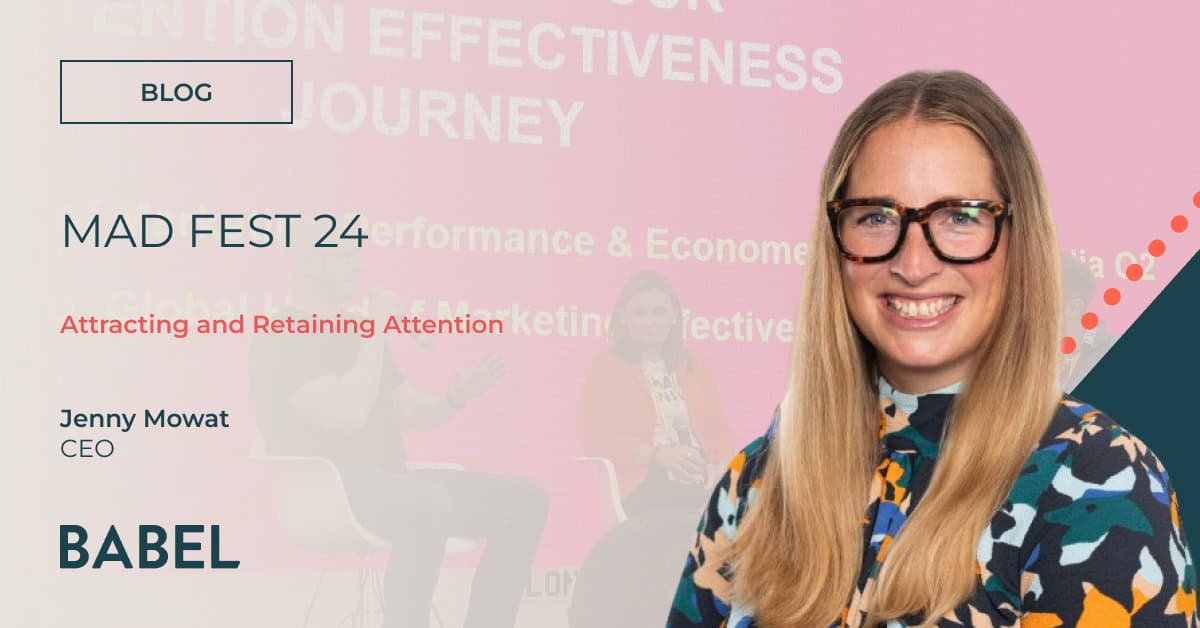
How not to Tweet: the curious PR crisis of Elon Musk and the cave diver
The summer of 2018 will be remembered for many reasons in the UK. Most people will recall the heat and the heady, emotional days of England’s World Cup campaign. But, simultaneously to the international tournament, a much younger football team on the other side of the world were facing a far more serious plight which also captured the nation’s attention.
As it transpired, neither the English, nor the eventually victorious French, were the most discussed football team this summer. The mantel instead fell to the Wild Boars’ junior team of Thailand’s Chiang Rai province. The story of the teammates trapped in the Tham Luang caves gripped international media for the best part of three weeks as the world watched on, hoping and praying that the boys would be rescued safely.
At one point when the rescue efforts were looking particularly desperate, Tesla’s CEO, Elon Musk, ordered engineers from two of his companies to design a “kid-sized” submarine to help the rescue effort. Initially this seemed like a selfless act which drew parallels between Musk and the fictional Tony Stark, aka Ironman.
But, what happened next was not a slip-up Ironman would have made. The Thai authorities actually declined Musk’s offer to help as they did not feel his contribution would be suitable for this rescue mission. Instead, they went ahead with their own plan and successfully rescued the boys; thanks in no small part to 63-year-old Britain, Vernon Unsworth.
Expat Unsworth, who is also based in the Chiang Rai province, was the first foreign rescuer on the scene. Proving himself invaluable, with a knowledge of the Tham Luang cave system where the boys were trapped, Unsworth played a vital role in freeing the boys.
However, not everyone was a fan. A few poorly chosen jibes at the expense of Musk’s attempt to join the search and rescue mission did not go down very well: Unsworth branded the Tesla boss’ efforts to offer help as a “PR stunt” and mocked him, saying he could “stick the submarine where it hurts.”
Unsworth’s comments may have been unnecessary, but Musk’s exaggerated response will go down in the annals as one of the great social media meltdowns. On July 15th, Musk went on a bizarre Twitter rant, referring to Unsworth as a sex offender, whilst simultaneously questioning how involved the Brit had actually been in the rescue efforts. You could almost hear the wails of the Tesla board as their CEO lashed out at Unsworth, his pride dented. Overt aggression is not a trait investors or board members typically want from their CEO.
The incident led to Unsworth suing Musk for defamation of character in both the US and UK court systems. But despite this, Musk’s erratic behaviour on Twitter continued.
In August, Musk tweeted that he was looking at taking Tesla private and had “funding secured.” The US Securities and Exchange Commission (SEC) then filed a lawsuit against Musk due to the fact that he didn’t have funding secured at all, and was in fact misleading investors.
Every time Musk tweets about a topic best avoided, he not only damages his own reputation, but also causes a PR crisis his companies. Tesla investors have been pleading with him to show restraint, as every outlandish post he makes knocks value off their shares. People want to continue supporting the forward-thinking automotive company, but at times the enigmatic Musk makes it very difficult.
Tesla is quite a rare commodity in the sense it is a corporation ‘doing good’: the more people drive electric cars, the better it will be for the environment we all live in. The sad truth is however, the more Musk is attracted to the world of outspoken celebrity, the more Tesla will likely suffer. Some successful tech companies have thrived in part due to the personalities of their narcissistic leaders, for example, Steve Jobs, Bill Gates and Richard Branson. But as a general rule of thumb, it is possible for the world to see too much personality from captains of industry.
Social media provides a platform for athletes, film stars, presidents and CEOs alike to be more relatable. The general public gets a previously unseen snapshot into the world of the rich and famous. There’s no question that a lot of people find Musk both interesting and inspiring. He has achieved an incredible amount in his 47 years, with his contribution to Tesla being a jewel in the crown alongside his foray into space travel.
But Musk’s relationship with social media raises many interesting PR questions. Should CEOs of listed companies be left to run their own social media pages? Do the benefits of social media outweigh the costly consequences of a senior spokesperson putting their foot in the proverbial? What can be done to avert the most modern of PR crises, the social media controversy?
With so much at stake, it might be best for Musk to take a moment to reflect, before he reaches for his smartphone to share his unedited opinions with the world.
Browse our case studies to see how Babel has delivered world class corporate and consumer PR campaigns for a range of businesses.





